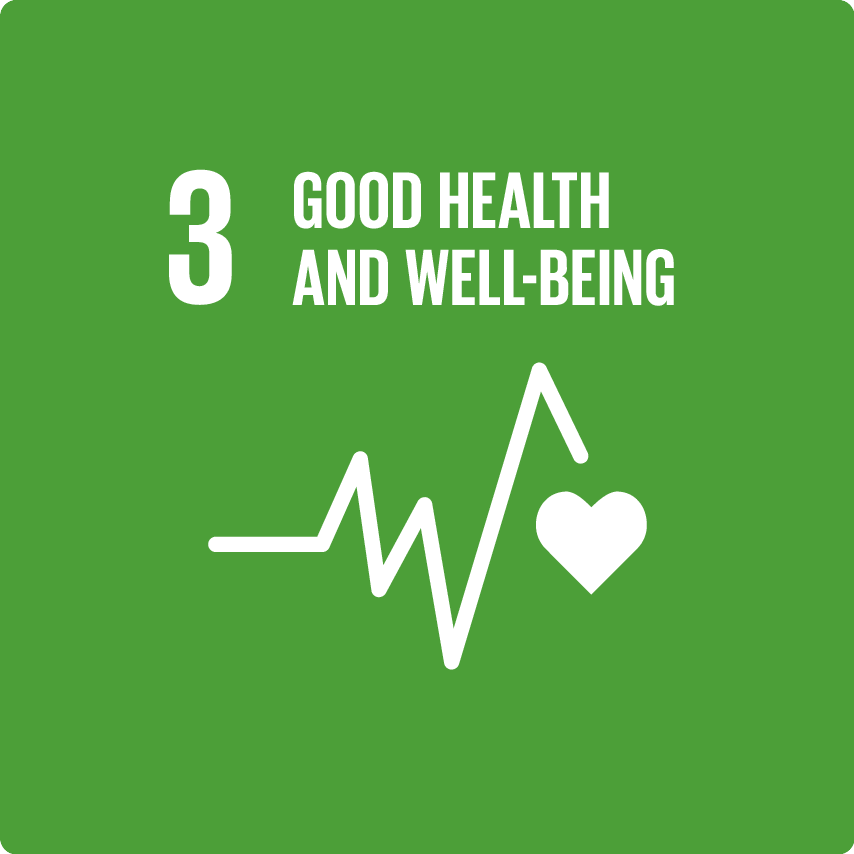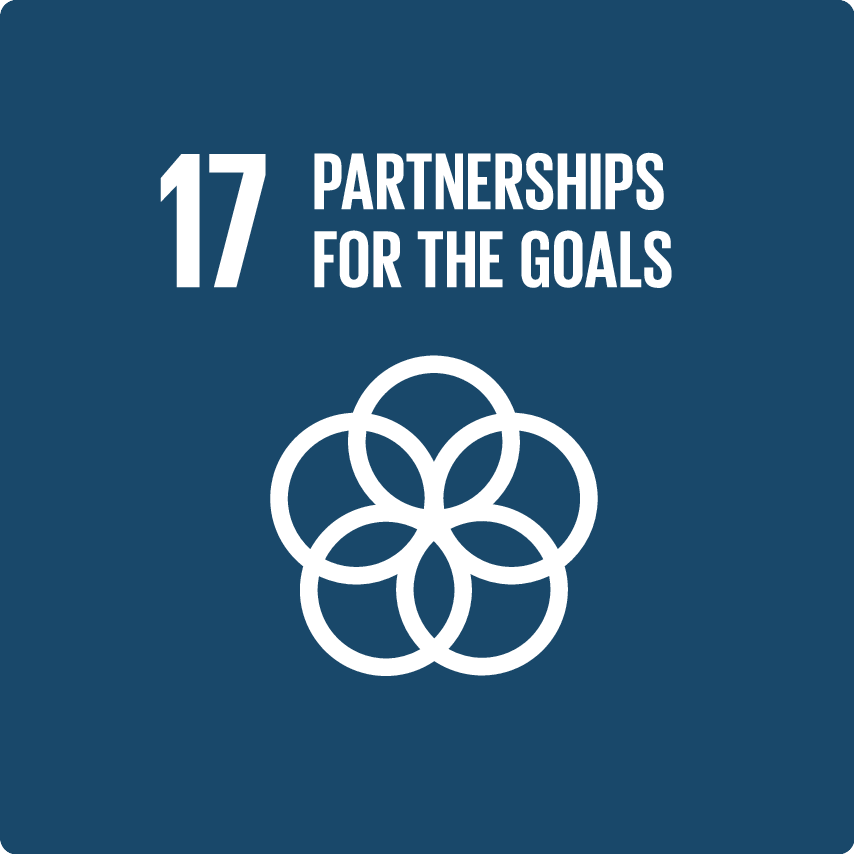AI4HealthyCities
Leverage data and AI to decipher the true drivers of cardiovascular disease and outcomes at population level to help city authorities make evidence-based decisions toward the most impactful interventions and health resource allocation.
SEE ALL PARTNER ORGANIZATIONS
Objectives
- Apply advanced analytics and AI to data from health and health-influencing sectors to deliver new insights that progress the understanding of the underlying social, economic, or environmental determinants that truly drive health.
- Support city authorities with translating data insights into action and target resources toward interventions that improve cardiovascular population health and narrow health inequities.
What are the health needs and challenges?
Cities are facing unprecedented health challenges, from the growing burden of cardiovascular disease, to increased demands on health systems due to rapid urbanization, the constant threat of emerging diseases often hitting urban populations hardest as seen during the COVID-19 pandemic, the impact of climate change, and the global shortage of skilled health workers.
Only 10-20% of our health is determined by the healthcare we access. 80-90% is determined by the conditions in which we are born, grow, live, work and age – factors known as social, environmental, and economic determinants of health. At the same time, data and AI are transforming the urban health landscape and providing new opportunities for driving population health and transforming health systems from reactive care systems, to proactive, predictive and even preventive health systems.
How partnership activities address these needs and challenges
Under the umbrella of AI4HealthyCities, a network of cities was created by the Novartis Foundation and developed in collaboration with Microsoft AI for Good. AI4HealthyCities aims to challenge the current reality where people living in neighboring zip codes experience drastic differences in heart health and life expectancy.
Partner organizations work in cities to bring together data from health and health-influencing sectors and apply advanced analytics and AI to provide decision makers with insights about the true drivers of cardiovascular health and equity. Data from health-influencing sectors is included because health is influenced more by the conditions in which people are born, grow, work, and age, than by the quality of healthcare they access. This includes factors as diverse as housing, access to healthy food, income, physical exercise or green space, education, professional occupation, pollution, migration, and the influence of structural racism and agism.
These insights will ultimately help city authorities make more informed decisions about how to target health resources toward the interventions that positively impact the health of the greatest number of people. Only by understanding what truly drives health outcomes in different populations can health inequities be narrowed.
Results and milestones
In 2022, New York became the first city announced for the implementation of AI4HealthyCities. The initiative is run in partnership with several local partners, including the Department of Health and Mental Hygiene, Weill Cornell Medicine, the New York University School of Global Public Health and the public hospital system NYC Health + Hospitals. Cardiovascular disease is the leading cause of both death and disability in New York City. This underscores the critical importance of identifying and addressing the root causes of heart health issues, particularly in urban environments.
In new research unveiled in 2024, AI4HealthyCities uncovered potential connections between social determinants of health and cardiovascular health outcomes in New York City, revealing how urban life can shape heart health. The analysis of electronic health records linked to public data suggests strong associations between heart health and daily city life: long commutes, income levels, education, air pollution, broadband rates, family situation, and social isolation emerge as potential key factors influencing cardiovascular well-being. The study, conducted with Microsoft’s AI for Good Research Lab, New York University’s School of Global Public Health, and Weill Cornell Medicine, marks a significant step forward in understanding the complex factors that may influence heart health in urban populations. Key findings will pave the way for targeted interventions in collaboration with New York City Department of Health and Mental Hygiene.
In 2023, Lisbon (Portugal) joined AI4HealthyCities with a partnership between the School of Public Health, NOVA University and the Institute of Geography of the University of Lisbon. Further, the Cardiovascular Disease National Collaborative Enterprise in Singapore (CADENCE) started the most recent collaboration with the Novartis Foundation, adding also Singapore to the AI4HealthyCities Network. Helsinki (Finland) and Basel (Switzerland) were the last cities to launch AI4HealthyCities in 2024.
Geographic Reach
- Americas
- Europe
- Western Pacific
Disease Area
- Non-communicable diseases
Target Population
- Other
Partner organizations
Ministry of Health, Singapore
New York City Department of Health and Mental Hygiene
Federal Department for Statistics, Switzerland
Cantonal Department of Statistics, Basel City
Pediatric Department of the University Hospital of Basel City and Basel Landscape
New York University
Weill Medical College, Cornell University
Escola Superior de Tecnologia da Saúde de Lisboa Portugal
Centre universitaire de médecine générale et santé publique (UniSanté), Switzerland
Institute of Geography – University of Lisbon, Portugal
School of Public Health – NOVA University, Lisbon, Portugal
Cardiovascular Disease National Collaborative Enterprise, Singapore
Novartis Foundation
Microsoft AI for Good
Additional resources
Geographic Reach
Americas
- United States of America
Europe
- Portugal
- Switzerland
Western Pacific
- Singapore
Disease Area
Non-communicable diseases
- Cardiovascular diseases

